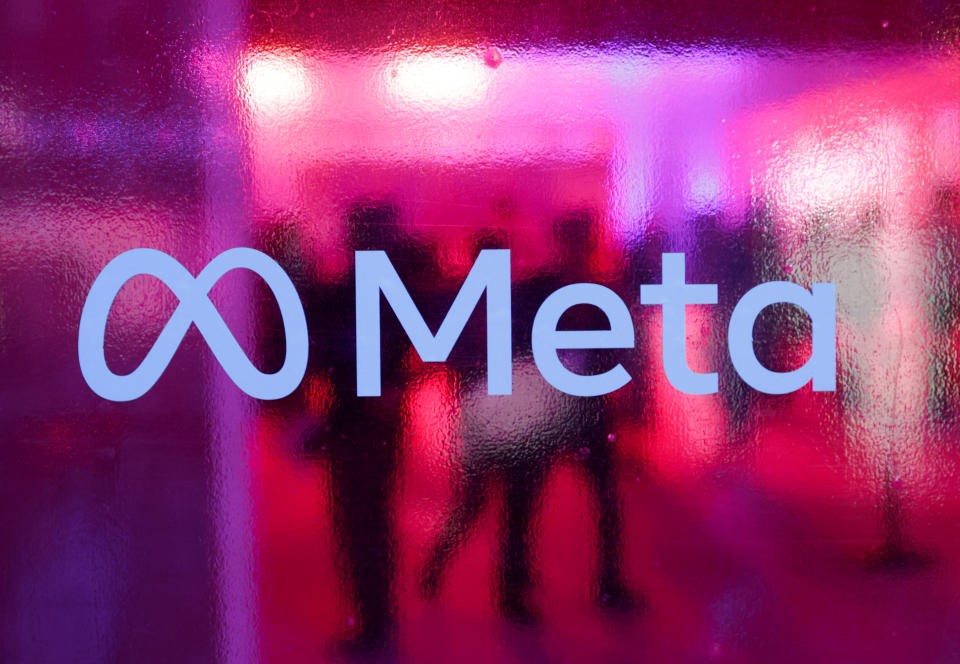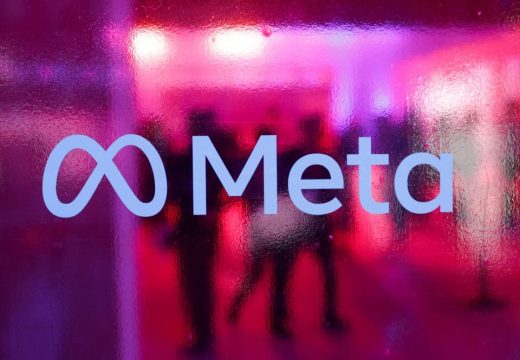Unsealed complaint says Meta ‘coveted’ under-13s and deceives the public about age enforcement
Unsealed complaint says Meta ‘coveted’ under-13s and deceives the public about age enforcement
The unredacted document reveals more details from a lawsuit filed against Meta by 33 states in October.

An unsealed complaint in a lawsuit filed against Meta by 33 states alleges the company is not only aware that children under the age of 13 use its platforms, but has also “coveted and pursued” this demographic for years on Instagram. The document, which was first spotted by The New York Times, claims that Meta has long been dishonest about how it handles underage users’ accounts when they’re discovered, often failing to disable them when reported and continuing to harvest their data.
The newly unsealed complaint, filed on Wednesday, reveals arguments that were previously redacted when attorneys generals from across the US first hit Meta with the lawsuit last month in the California federal court. It alleges the presence of under-13s is an “open secret” at Meta. While the policies on Facebook and Instagram state a person must be at least 13 years old to sign up, children can easily lie about their age — something the lawsuit says Meta is well aware of, and has done little to stop. Instead, when Meta “received over 1.1 million reports of under-13 users on Instagram” from 2019-2023, it “disabled only a fraction of those accounts and routinely continued to collect children’s data without parental consent,” the complaint says.
Meta “routinely violates” the Children’s Online Privacy Protection Act of 1998 (COPPA) by targeting children and collecting their information without parental consent, according to the complaint. The lawsuit also argues that Meta’s platforms manipulate young users into spending unhealthy amounts of time on the apps, promote body dysmorphia and expose them to potentially harmful content. When the lawsuit was first filed in October, a Meta spokesperson said the company was “disappointed” over the chosen course of action, stating, “We share the attorneys general’s commitment to providing teens with safe, positive experiences online.”
Meta earlier this month published a blog post calling for federal legislation to put more responsibility on parents when it comes to kids’ app downloads. Meta’s global head of safety, Antigone Davis, proposed a requirement for parents to have approval power over downloads for kids under the age of 16.
(8)



